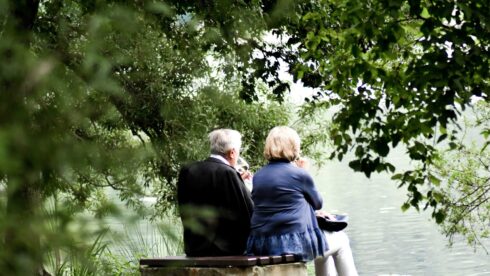Due diligence: Do you have ALL of the information?
Melanie Richardson
09/10/2017
You don’t get far in business without making deals and ironing out financial contracts. But when there is a lot of money at stake, one of the most important tools for small and medium-sized ventures to use is the process of due diligence.
It may be a term that’s unfamiliar, but in its simplest form, it is the care a reasonable person takes before entering into a legal or financial agreement with another party. In other words, thoroughly checking the financial credentials of businesses you do major deals with. If you think common sense, instinct and published accounts can do the job, we have heard many a story to the contrary. But for many SMEs, even their best efforts to be careful in agreeing major transactions can turn up a can of worms when it’s too late to back out.
Some due diligence is about checking what has already happened and leaving no stone unturned, but it is also a process of verifying commitments and promises too.
For example, a business you are investing in might show you a full order book and a stockroom full of raw materials, but has the investment in machinery been sufficient to keep up with demand? If production can't cope with the order book, dissatisfied customers could cost you dearly.
Another example is looking to see if stock levels have undergone a recent audit and whether they are a genuine reflection of what has been promised. Are staff numbers and contracts designed to support business growth, or will fluctuations in demand stretch the payroll to breaking point or necessitate redundancy payments?
A company’s annual reports and current financial status may stack up, but what risk tolerance do they have to economic, political and market pressures?
It could be that you are thinking of agreeing a partnership or business contract with a third party, and it is your business being checked out. Would all your financial dealings, systems and accounting look ship shape if someone carried out a process of due diligence on you?
You need to make sure all your documentation and financial systems are up to date and verifiable, just as you would expect them to be if you were checking another company’s credentials and financial stability.
For businesses in Sussex, this is where calling in Swindells Chartered Accountants is the most important part of a major investment or new financial agreement. When it comes to due diligence, we know exactly what questions to ask, and where to look for the most honest answers.

If you have any questions about our Due Diligence services please get in touch with Melanie:
email: melanier@swindellsaccounting.co.uk
Tel: 01825 745 920
Sign up to receive our private content
straight to your inbox






